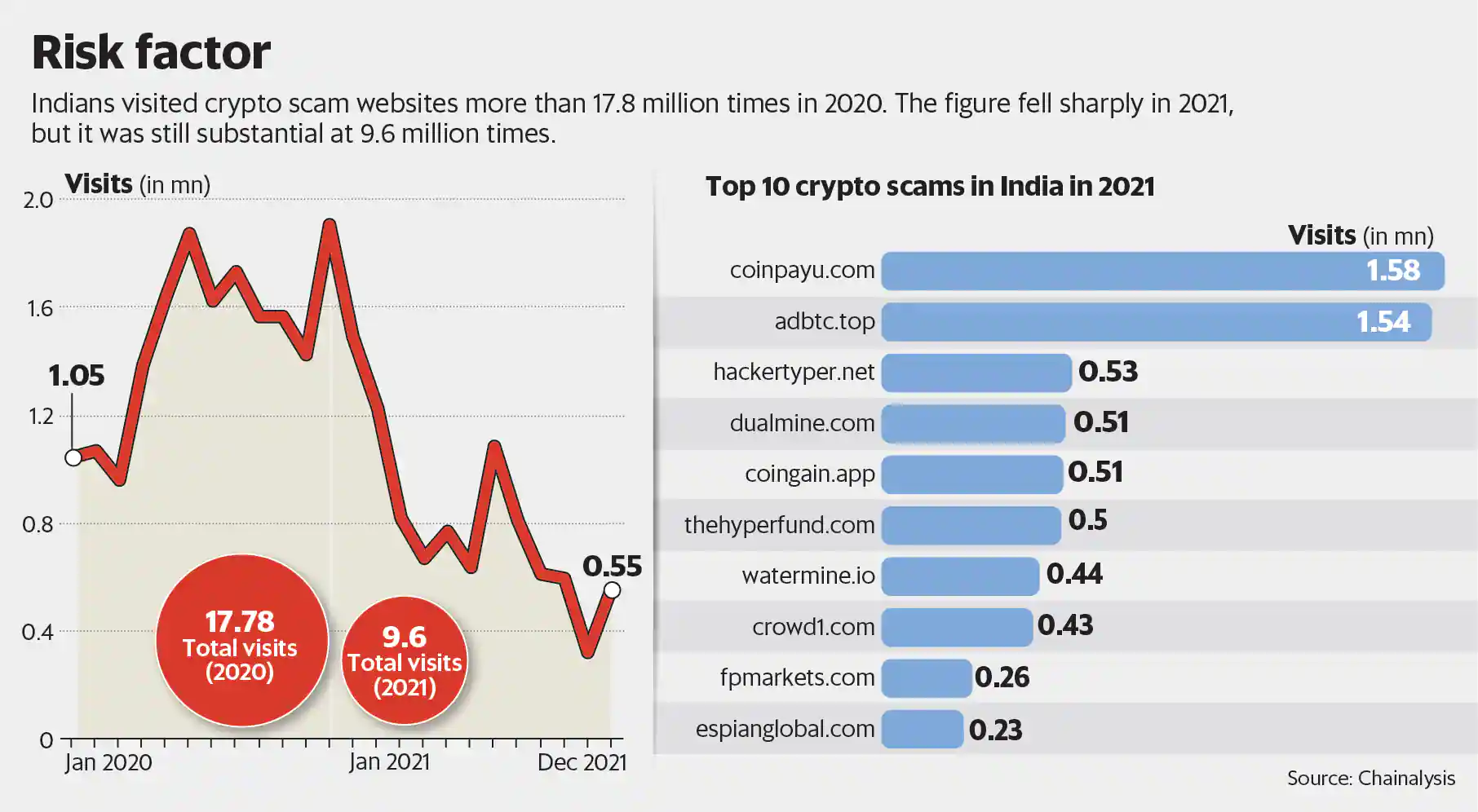As India reels from a number of high-profile cases of crypto fraud and theft, including a scam that enlisted a Bollywood star as an influencer, the nation’s government is developing a special digital tool to spot and thwart crypto crime.
The Cryptocurrency Intelligence and Analysis Tool (CIAT) is a pet project of the Ministry of Home Affairs and its Indian Cyber Crime Coordination Center.
India’s Government Seeks to Root Out the Scourge of Cyber Crime
According to a CNBC report, the CIAT will monitor the dark net, a region of the online world that criminals bent on anonymity exploit daily. It will also identify crypto wallet addresses that come into play in dark net transactions. Upon detecting suspicious activity, it will send out alerts.
Moreover, the CIAT will gather records of the transactions in keeps an eye on. Noting down such things as dates, timestamps, addresses, and the nature of the transactions, the report said. Unusually high transaction volumes will be a red flag and will trigger an alert, it added.
Ultimately, the data that CIAT culls will provide the basis for a master database of all known crypto exchanges in the world, and their contact details, the report continued.
A Nation Struggles to Stem Crypto Fraud
CNBC’s report describes the CIAT as a response to the appalling statistics on crypto crime in India. According to these figures, the citizens of India have lost roughly 953 crore, or about $10.2 billion, to crypto scams.
Learn more about the efforts at the highest levels of India’s government to compel action against crypto crime.
What the report leaves out is that many Indians must have reacted bitterly to high-profile scams. These often involve influencers and other celebrities who misled them into making what they thought were safe investments.
On Monday, a Times of India article noted that police were on the way to question Bollywood star Govinda over his role in a crypto scam. Govinda had lent his talents as an influencer to a marketing campaign by Solar Techno Alliance. He appeared in ads and at an event in Goa in July.
Then, in August, police began arresting Solar Techno Alliance executives. The firm’s lavish promotions were, without question, highly successful. They brought in about 30 crore, or more than $320 million, from all over India.
The only problem is that Solar Techno Alliance was a Ponzi scheme, according to India’s police. Instead of making legitimate investments, its executives did as they pleased with the money.

Romance Scams Continue to Wreak Havoc
Earlier this month, another high-profile scam may have driven widespread revulsion against the excesses of the crypto space. An Indian software engineer reportedly lost more than $120,500. A woman he met online persuaded him to invest in a token called Banocoin.
Thinking that his new romantic interest had turned him on to a lucrative opportunity, the engineer invested funds in 18 separate transactions from July 20 to August 31, according to the Times of India. He even made a modest return, which boosted his confidence.
But then, as so often happens in crypto investment scams, the victim found himself unable to withdraw the funds.
With scams of this kind so prevalent in India, the Ministry of Home Affairs is not acting a minute too soon in its rollout of CIAT. Many hope that here at last is a resource that can thwart bad actors and spare ordinary traders and investors the trauma and devastation that crypto scams inflict.
Disclaimer
In adherence to the Trust Project guidelines, BeInCrypto is committed to unbiased, transparent reporting. This news article aims to provide accurate, timely information. However, readers are advised to verify facts independently and consult with a professional before making any decisions based on this content. Please note that our Terms and Conditions, Privacy Policy, and Disclaimers have been updated.

